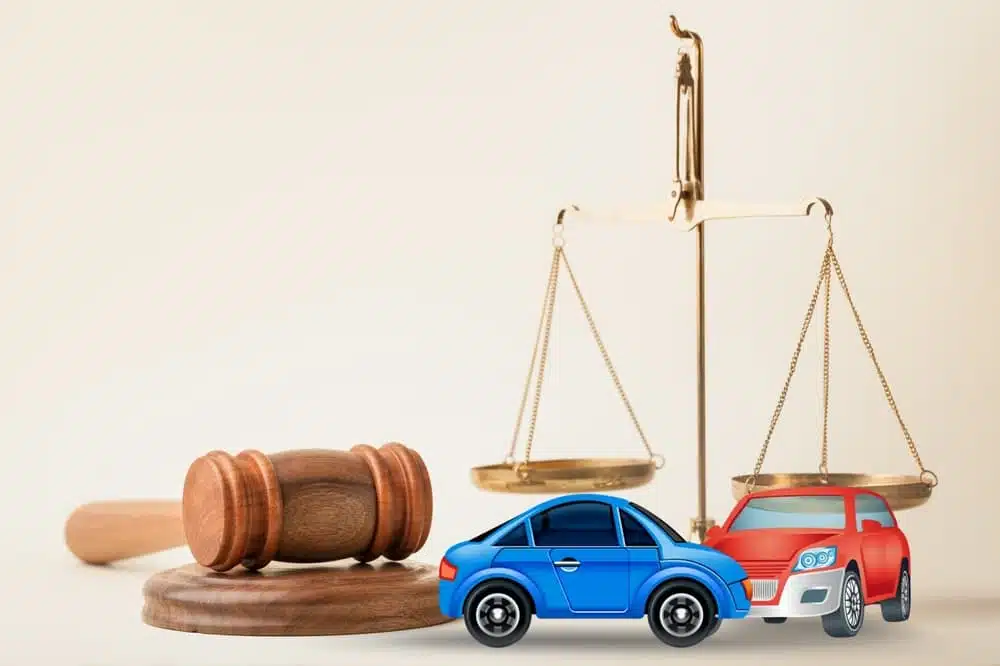
As reported by the New York Times and Forbes, airbag supplier Takata Corp. announced to the National Highway Traffic Safety Administration (NHSTA) that some of its products had the possibility of malfunctioning. The defective airbags were manufactured from 2000 to 2002, and the resulting recall affects several major auto brands, including Toyota, Honda, Nissan, Mazda, General Motors, and BMW. According to NHTSA, the passenger side airbags in these vehicles have the risk of over-aggressive combustion - which can rupture the airbag inflator and cause fragments of metal to strike passengers in the vehicle. These metal fragments have the potential to seriously injure a person, and therefore the recall is necessary.
Airbag Safety
Airbags have been providing additional motor vehicle safety for decades. Front airbags are meant to keep drivers and passengers from hitting the dashboard, wheel or windshield in the case of a collision, and side airbags aim to keep passengers inside a vehicle in case of a rollover or side impact. Despite advertising that presents airbags as light, airy cushions or pillows, there is nothing gentle about airbag deployment. Airbags go off almost instantaneously and very forcefully, and they have been known to injure people. However, airbags are meant to be a huge improvement over hitting your head on a windshield, dashboard, or steering wheel. Because of the inherent risk of injury already present in airbag deployment, any additional malfunctions can put drivers and passengers in danger of serious injury or death.
What Are Your Legal Rights if an Airbag Malfunctions?
Companies generally never intend to make a defective product or put consumers in potential danger. However, defects and malfunctions do occur, and unfortunately people suffer injuries as a result. If a person is injured by a defective product, he or she can usually file a products liability lawsuit to recover for their injuries.
There are three main types of defects for which a defendant may be liable in such a lawsuit:
- Manufacturing defects: These are defects that occur at the time of the product’s manufacture and often include shoddy workmanship or poor quality materials that is unique to a single vehicle.
- Design defects: These are defects in the way the product is designed. These are intrinsically dangerous defects and will jeopardize the safety of anyone using that entire line of vehicle.
- Failure to warn (can also include marketing defects): A marketing defect occurs in the case wherein the inherent dangers of a product could be lessened via adequate warnings to the consumer.
If a defect occurs on any of these levels due to negligence on the part of the company, consumers may be entitled to compensation for any resulting injuries.
Common Airbag Injuries and Malfunctions
Airbags release at speeds of up to 200 miles per hour, and minor injuries may be expected when any object traveling that fast comes into contact with our face, head or body. Common injuries from properly functioning airbags include burns or abrasions to the skin.
When airbags malfunction, the potential for injuries increases exponentially. One common malfunction is random deployment in the absence of an accident, and this malfunction can often cause an accident to occur because of driver surprise or lack of visibility. On the other hand, airbags can also fail to go off in the event of an accident, causing a driver to hit the steering wheel, dashboard, or be thrown from the car. Airbags are also filled with a gas that helps them inflate. If the airbag is improperly vented or filtered, the gas can cause serious chemical burns or inhalation injuries. As in the case of the recent Takata Corp. recall, over-aggressive combustion can cause serious wounds and even death from metal objects flying out of the airbag.
If you suffer injuries from this particular defect or any other malfunction, you should consult with an experienced products liability attorney to discuss your potential case.



